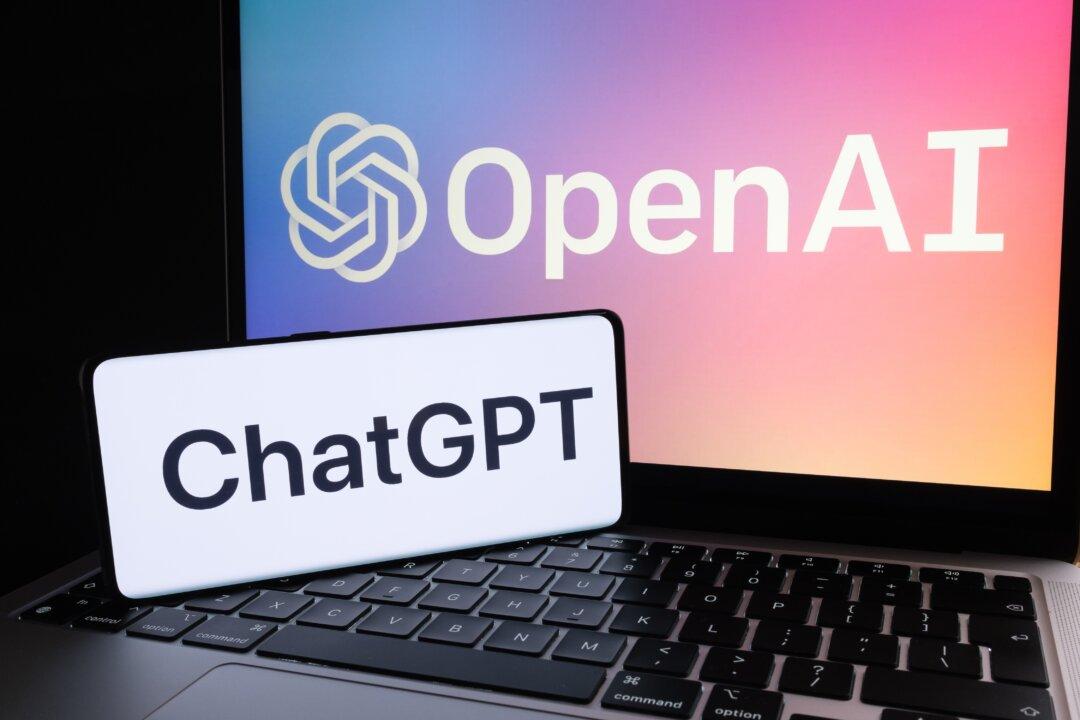ChatGPT, the popular AI chatbot released by OpenAI in late 2022, is suspected of censoring China-related topics and manipulating information in translation.
“ChatGPT’s censorship is CCP-ized,” Aaron Chang, a pro-democracy activist known as Sydney Winnie on X, formerly known as Twitter, wrote in a post in Chinese on Oct. 28.




